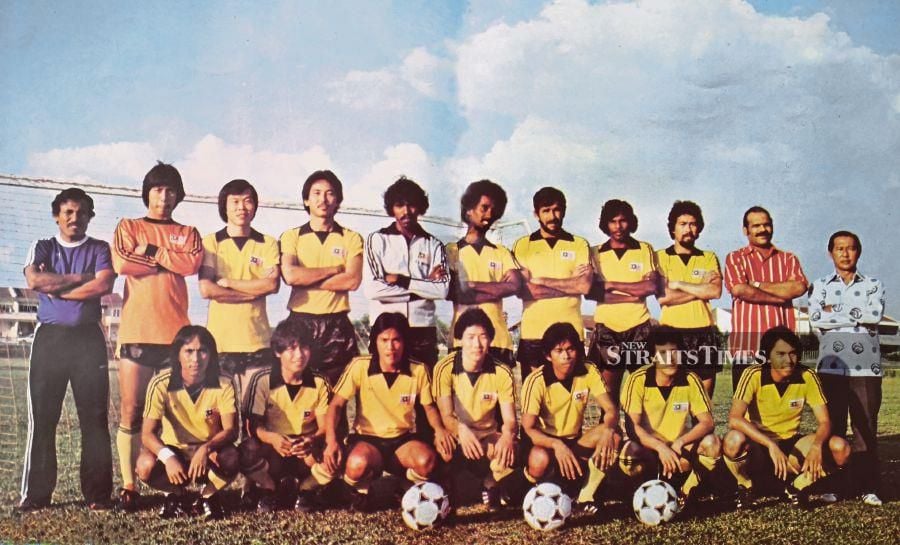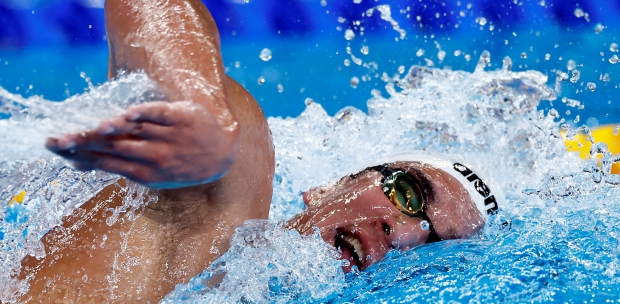While on the way back from the Pekan Cina Market in Alor Star one morning, a green and white plastic bag jutting out from the top of a dumpster catches my eye.
Located in the heart of Alor Star's centuries-old historic quarter, this area has, time and again, been a rich hunting ground for memorabilia, especially when pre-war buildings are turned out during major renovations.
Not willing to miss out on a potential prized find, I bring my trusty Honda C70 motorcycle to a gradual halt in front the abandoned double-storey shophouse that once saw brisk business as a sundry shop decades ago.
MILO AND THE ANCIENT OLYMPIC GAMES
My hunch proved to be correct as the bag turned out to be a commemorative item for the 1972 Munich Olympic Games by malt chocolate beverage Milo. It was one of the many advertising methods to arouse public awareness of the brand as well as Malaysia's participation at the renowned quadrennial sporting festival.
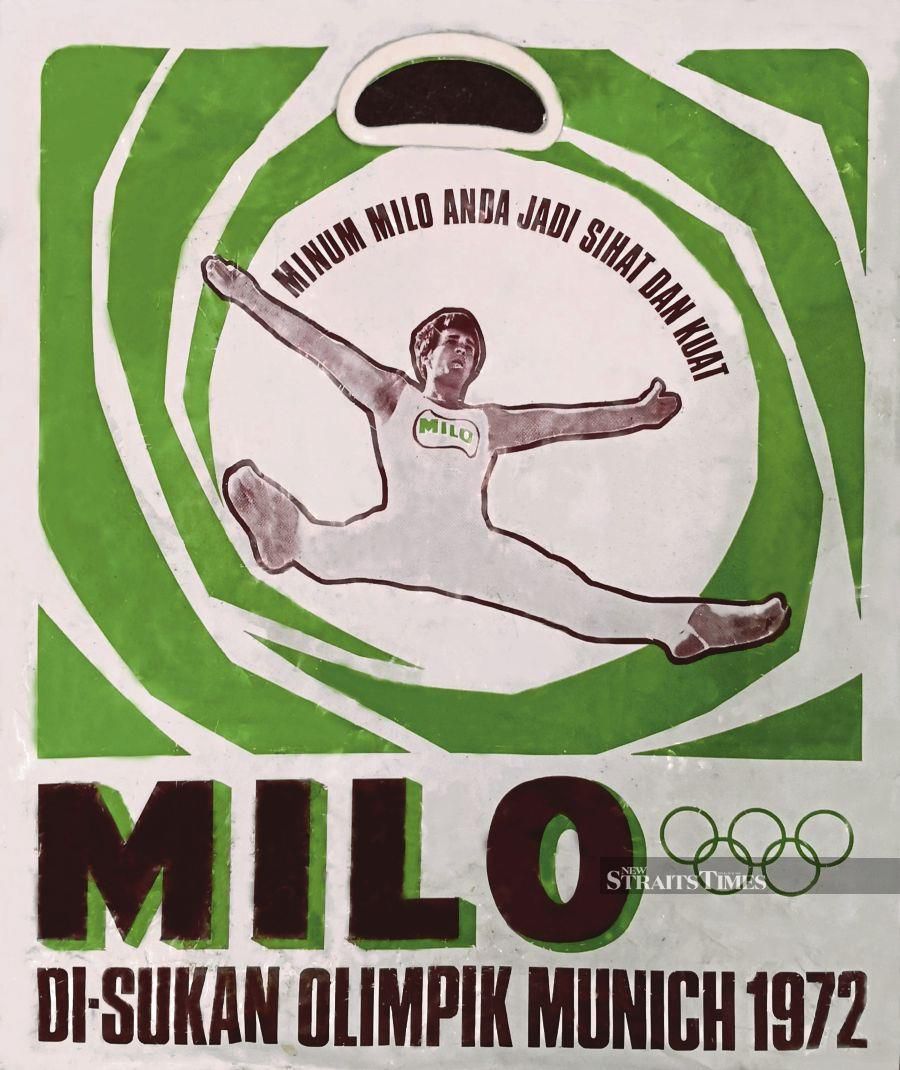
Milo was created in 1934 by Nestlé Australia food scientist Thomas Mayne, who wanted to provide malnourished children with sufficient nutrients and energy. Since then, Milo has regularly associated itself with the Olympics. After all, it was named after Greek athlete Milo of Croton, a six-time Olympic champion, who was said to have lived more than a millennia ago.
The modern Games were inspired by the ancient Olympics that came to an abrupt end when floods, earthquakes and relentless enemy attacks ravaged Olympia, Greece in the 4th century AD.
Since its revival in Athens in 1896, that saw the participation of 241 athletes from 14 nations, the Olympics has grown from strength to strength.
Our nation gained membership after the International Olympic Committee recognised the newly formed Federation of Malaya Olympic Council in 1954. The speedy endorsement paved the way for Malaya's debut two years later at the Melbourne Olympic Games.
MALAYA TAKES PART
News of the inaugural participation was well received by Malayans, who gladly loosened their purse strings and donated generously towards the Olympic Games Fund set up to help ensure that the 33-member contingent competed to the best of their abilities in Australia.
Among the Melbourne-bound Olympians were sprinters Abdul Rahim Ahmed and Sinnayah Karuppiah Jarabalan, swimmer Lim Heng Chek, weightlifter Koh Eng Tong and shooter Joseph Chong, while Peter van Huizen, Gian Singh and Shamsuddin Hamzah were part of the hockey team.
Like its counterparts in other states, the Kedah government set the ball rolling with a $1,000 donation and Tunku Ismail Tunku Yahya sending out appeal letters imploring community leaders and prominent businessmen to give as much as they could.
Thanks to overwhelming public support through various fundraising events, the then menteri besar's ambitious $10,000 goal was achieved, with half the amount retained to build a first-class running track and a hockey field in Alor Star.
While the Malayan contingent to the 1960 Rome Olympics was the smallest to date, the enlarged Malaysian team that participated in Tokyo four years later was just the opposite. Comprising athletes from the Federation of Malaya, Sabah, Sarawak and Singapore, the 62-member XVIII Olympiad contingent took part in 10 events.
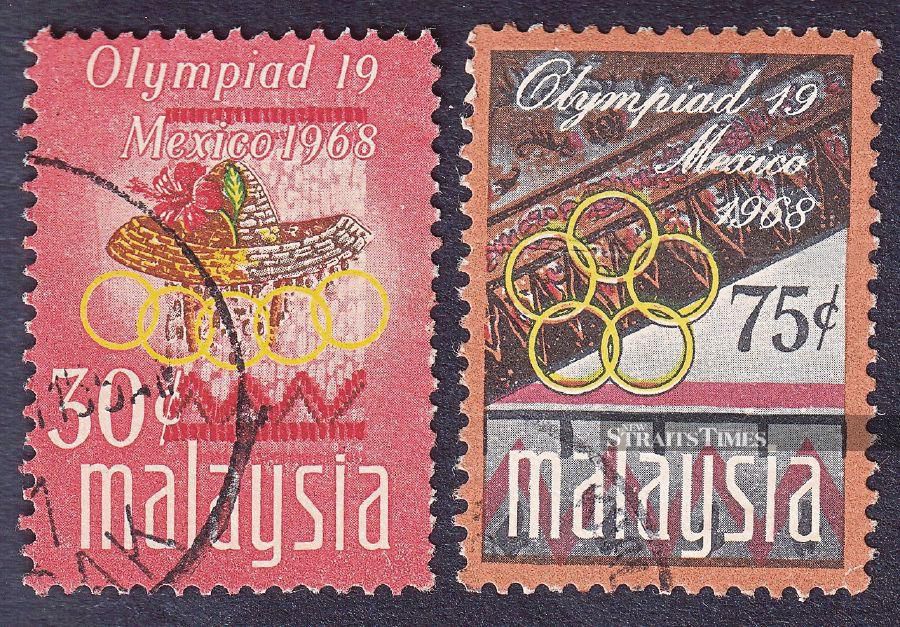
The standout Malaysian athlete in Japan was Dr M. Jegathesan, nicknamed the Flying Doctor, for his many athletic achievements. The three-time Olympian saved the best for last when he clocked 20.92s at the 1968 Mexico Olympics Games 200m sprint semi-finals. The feat earned him the Fastest Man in Asia accolade and stood as the national record for 49 years until it was broken by Melaka sprinter Khairul Hafiz Jantan in 2017.
GOLDEN AGE OF MALAYSIAN FOOTBALL
While riding home with the precious plastic bag, it dawned on me that the 1972 Munich Olympic Games was especially momentous as it witnessed the Malaysian football team's maiden participation and badminton's introduction as a demonstration sport. Both are popular pastimes in Malaysia and enjoy a strong following among the public.
The relatively small time difference between Japan and Malaysia made it convenient for local football fans to tune in to the live broadcasts of matches and support their favourite players.
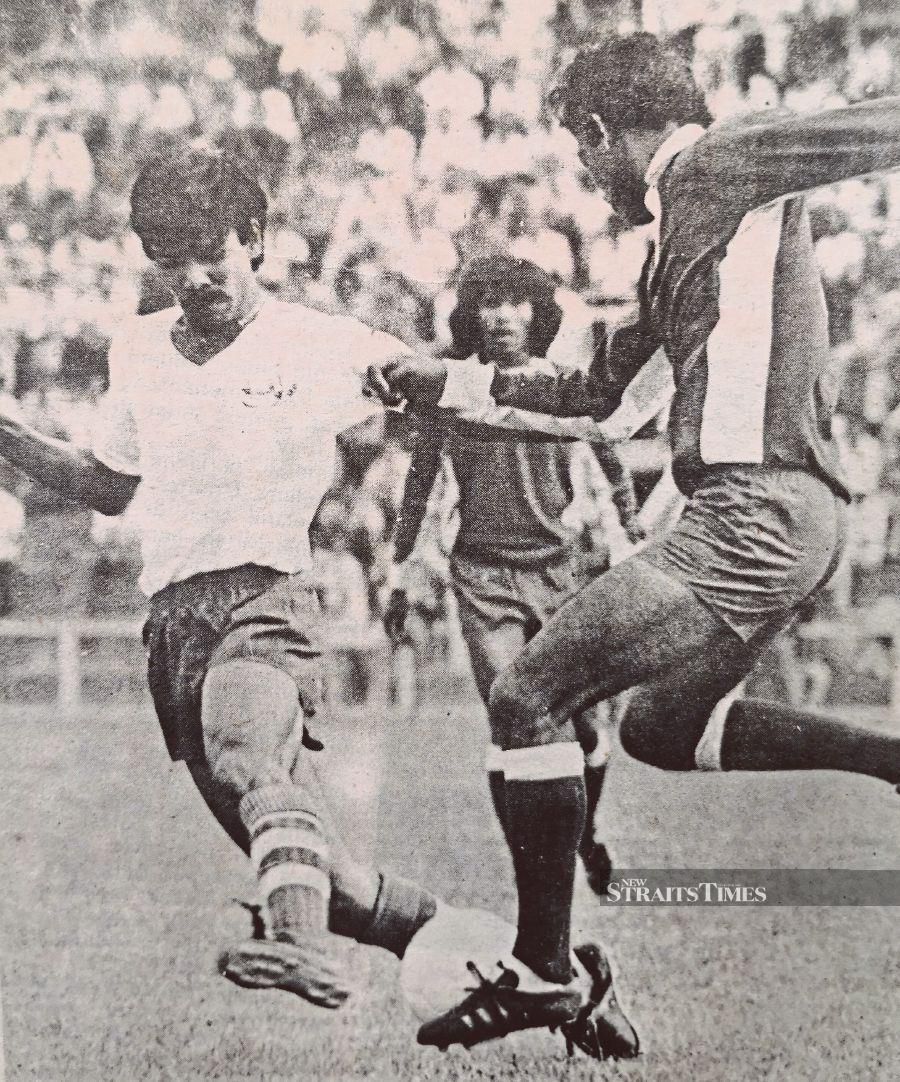
The loudest cheers were reserved for Shahruddin Abdullah, Salleh Ibrahim and Wan Zawawi Yusoff when the trio found the net during the match against the United States.
With Malaysian football still in its infancy then, the win brought great confidence to the fledgling team that also consisted of goalkeeper Wong Kam Fook and defenders Namat Abdullah, V. Krishnasami and Soh Chin Aun.
Despite their eventual elimination, the Tokyo Games heralded the golden age of Malaysian football.
Unlike their professional counterparts today, footballers then had fulltime jobs and sacrificed personal and family time for training and tournaments.
Their love for the game, as well as loyalty to king and country, was all that was needed to ensure undivided commitment and success.
The honour of wearing the national team jersey was their greatest pride that no financial compensation could replace.
Subsequent successes, like being the second runner-up at the Teheran Asian Games (1974), beating the visiting Arsenal team at Stadium Merdeka (1975), sharing Merdeka Football Tournament champions honours with South Korea (1979) and defending the 1979 Jakarta Sea Games gold made players like R. Arumugam, Santokh Singh, Mokhtar Dahari, Hassan Sani, Shukor Salleh and James Wong household names and inspired many youngsters to fall in love with the beautiful game.
MISSED OPPORTUNITY
Fans at the Merdeka Stadium erupted into frenzied cheers when Wong's decisive 87th- minute strike against South Korea saw Malaysia topping the Asian pre-Olympic Group 3 qualifying tournament on April 6, 1980.
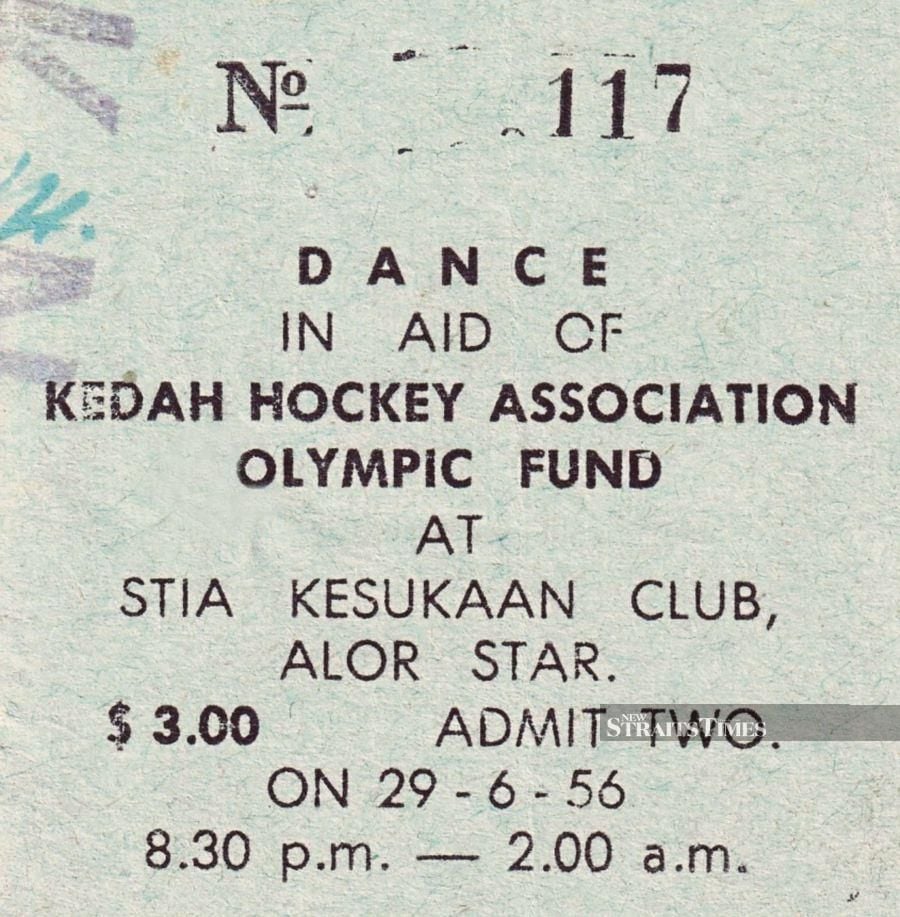
It broke the hearts of those hoping for Olympic medals to reach our shores when Malaysia decided to join other nations to boycott the Moscow Olympics to protest against Soviet invasion of Afghanistan a year earlier.
Although the crack Malaysian badminton doubles pair of Punch Gunalan and Ng Boon Bee won silver in a demonstration game at the Munich Olympic Games, it was not included in the medal tally.
It was not until 1992 that Malaysians made it to the medal podium, when brothers Razif and Jalani Sidek won bronze at the Barcelona Olympics.
That, without a doubt, opened the proverbial floodgates as four years later badminton once again yielded silver (Cheah Soon Kit and Yap Kim Hock) and bronze (Rashid Sidek) medals at the Atlanta Olympiad.
More successes were achieved at subsequent Olympic Games. To date, Malaysian athletes have secured 12 medals through badminton, diving and cycling.
With badminton doubles pair Aaron Chia and Soh Wooi Yik securing bronze at the ongoing XXXII Tokyo Olympic Games, it is hoped that the rest of national squad will build on this momentum to improve our medal tally and bring glory to our beloved nation, Malaysia.


